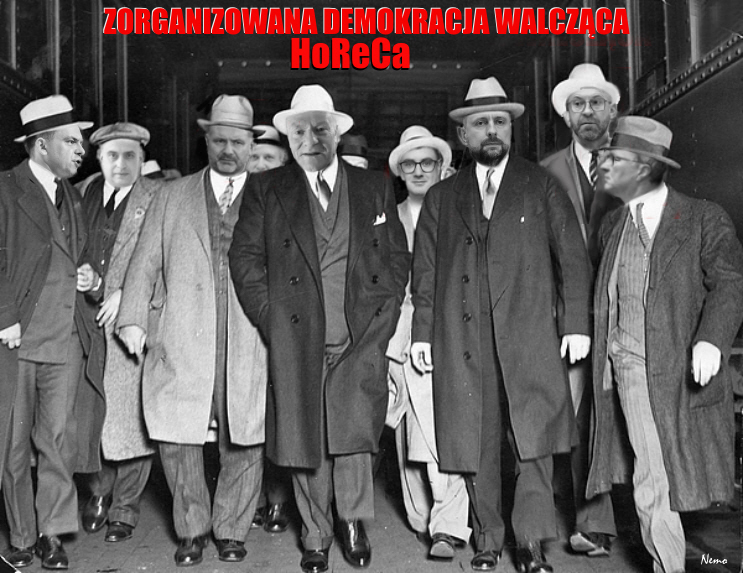It's not about the president organizing referendums, it's about citizens being able to do that. Statements by Polish presidential candidate Artur Bartoszewicz on organizing the “president” referendums I realize this: The President's competence is poor. That is why Bartoszewicz wants to improvement Poland through a referendum, which the president can announce with the consent of the Senate. Will the legislature support the President?
Not necessarily, but Bartoszewicz wishes to request the support of his initiative by citizens, wants to supply Parliament with millions of signatures to support its initiative. It wants to force consent to its legislative initiative, or consent of the legislature to a referendum. If he manages to balance the signature with a trusted profile with a paper signature, it will greatly facilitate the process of organising referendums. As president, he besides has another means of coercion. It may make the signing of the passed bill conditional on consenting to the referendum. Will it be effective in this – we will see. Let's give him a chance.
I am not convinced that Bartoszewicz knows the principles of direct democracy instruments. In his programme he wrote about the referendum and the civilian veto. The citizens' initiative was not mentioned.
The citizens' veto, and I am more convinced by the name of the optional referendum, is announced erstwhile voters collect a fixed number of signatures at a fixed time after the authoritative publication of the bill. It so concerns laws which have not yet entered into force. Swiss have 100 days since the publication of the law and 50,000 signatures.
Older-date laws, functioning in the legal circulation, are not cancelled by veto citizens. If a citizen is caught up in specified a bill and wants to change or completely destruct it, they make the content of the amendment, collect signatures (Switzerland 100 000 in 18 months), come up with a citizens' initiative on a partial revision of the constitution.
In specified a case, the Council of Ministers has the right to make a direct counter-proposal and propose another article in the Constitution, or an indirect counter-proposal and propose an amendment to the full law, or a circumstantial article of that law.
If the Council of Ministers does not make a counter-proposal, the citizens' initiative shall be put to the vote. If the majority of voters and the majority of voivodships vote in favour of a change to the Constitution, Parliament shall draw up an article of the Constitution in accordance with the spirit of the citizens' initiative and place it in the Constitution.
If the Council of Ministers makes a direct counter-proposal, then the article of the Constitution drawn up in the framework of the citizens' initiative and the article drawn up by the Council of Ministers as part of the direct counter-proposal shall be put to the vote. The Constitution will include this article, which will receive the majority of voters' votes and the majority of voivodships' votes.
If the Referendary Committee agrees to amend the Act as part of an indirect counter-proposal, then the referendum shall not be held. Parliament shall adopt the bill, or amend the article in the bill. Citizens have the right to veto specified a bill as part of a civilian veto.
I wrote all of this not to be clever, but to have arguments to defy the attack, that citizens are stupid and will pass on to themselves as populist law. Citizens do not pass resolutions utilizing referendums. They can only agree to the liquidation or repair of the old law by asking for a change of constitution.
Marian Vawkielewicz.










![A gdyby śmierci nie było? [o „Trzecim królestwie” Knausgårda]](https://krytykapolityczna.pl/wp-content/uploads/2025/07/Szablon-rozmiaru-obrazkow-na-strone-2.png)






